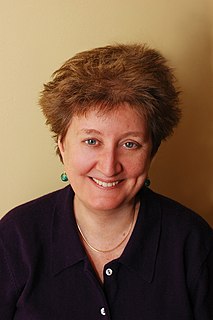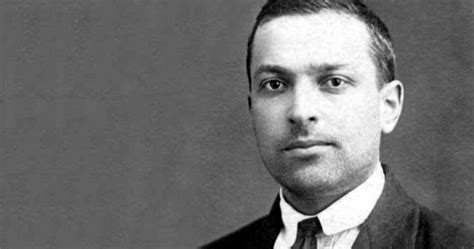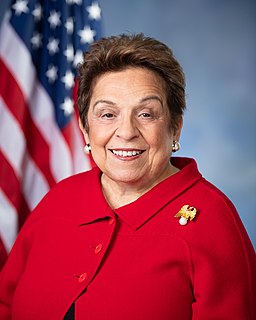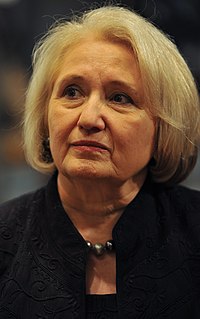A Quote by Alison Gopnik
Caring, whether for children or the dying, shouldn't be instrumental. It should be an intrinsic, moral good.
Related Quotes
In general it's good to give children as wide a choice as possible, and there is no harm in encouraging children to play with 'typical' toys for the opposite sex. But whether they should be trying to change children is a more ethical decision; I think we should be supporting a child's interests, whatever they are.
Whether moral and social phenomena are really exceptions to the general certainty and uniformity of the course of nature; and how far the methods, by which so many of the laws of the physical world have been numbered among truths irrevocably acquired and universally assented to, can be made instrumental to the gradual formation of a similar body of received doctrine in moral and political science.
Is it not manifest that our academic institutions should have a wider scope; that they should not be timid and keep the ruts of the last generation, but that wise men thinking for themselves and heartily seeking the good of mankind, and counting the cost of innovation, should dare to arouse the young to a just and heroic life; that the moral nature should be addressed in the school-room, and children should be treated as the high-born candidates of truth and virtue?
An alarming number of parents appear to have little confidence in their ability to "teach" their children. We should help parents understand the overriding importance of incidental teaching in the context of warm, consistent companionship. Such caring is usually the greatest teaching, especially if caring means sharing in the activites of the home.
According to classical utilitarianism, the only intrinsic good is happiness; the only intrinsic bad is pain. That implies no intrinsic value in preserving nature, that preserving an endangered plant is valuable only if it benefits humans or other animals. Intuitively, that seems wrong but perhaps I shouldn't trust my intuition here.





































